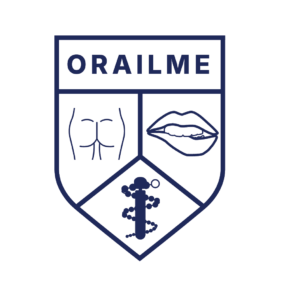The 10th President in UR history, Joel Seligman, began his administration July 1 by outlining some of his first priorities, which include internal and external goals to better UR and its community.
“The most important thing I will be doing this year, other than the listening tour, is to begin strategic planning,” Seligman said. “In effect, I am asking each school, typically working with alumni, students and administrators, to focus hard on where we are going. Not just where we want to be a year from now, but what are the real stretch goals?”
In order to prepare for and achieve these goals, Seligman is launching a large-scale capital campaign to increase university resources.
“When you look at UR, it has amazing students,” he said. “The faculty is unbelievably good in an extraordinary number of departments. There are some amazing stars and really high-level commitment to teaching.”
Continuing, he said, “[However,] we do not have resources concomitant with the talents of our faculty and talents of our students.”
The capital campaign includes increasing annual giving and renewing endowment resources.
“One way [we will increase annual giving] is that we are bringing in extraordinary talent,” Seligman said. “We so far have three people on the senior management team. The key is we’re trying to bring in people who have had experience with capital campaigns.”
The senior management team consists of Senior Vice President and Chief Advancement Officer Jim Thompson, Deputy Vice President for University Advancement Andrew Deubler and Senior Associate Vice President for Academic Development Robert Gibson.
Thompson and Gibson are both from Washington University in St. Louis, where Seligman was the former dean of the school of law, while Deubler is transferring from the UR Medical Center.
Tuition increases may also be considered a factor in increasing revenue.
“We will have tuition increases over time,” Seligman said. “There is no commitment to any particular level. We will in part respond to the realities of the marketplace.”
Externally, Seligman will be focusing on increasing UR’s visibility through effective communication.
“There was a sense that was almost unanimous, when I was going through the interview process, that people are really proud of the faculty, the program and students, and have a sense both that we are not doing as well as we should have been and we are not great at communicating our accomplishments and identity,” he said.
Seligman has already started on this initiative by renaming the Office of Public Affairs to the Office of Communications and created the position of Vice President for Communications. He also asked M. Fredric Volkmann, Vice Chancellor for Public Affairs at Washington University, to prepare an Evaluation Report of University, school and program public relations.
“[Volkmann] recognized that almost every university has made the transformation from not focusing on communication to focusing on it in recent years,” Seligman said. “We are a little behind the curve.”
Volkmann’s Evaluation report came up with 15 clusters of recommendations and recognized an important aspect of UR’s press releases.
“We actually put out three times as many news releases as our peer institutions,” Seligman said. “But it also suggests that if we put out fewer, we might have a higher rate of the news releases [being picked up by] news media.”
One reason for the high number of press releases stem from UR’s decentralized culture. Seligman intends to change some aspects of the culture.
“What we are really going through is trying to find the right balance [between a centralized and decentralized culture],” he said. “In a few areas, including advancement and communications, we needed a central core. There will be several other areas like that. But I want to be very clear that I fully understand the emotional commitment to a decentralized culture. I did not come here to centralize UR. What I came here [to do] was to strengthen it. I am not starting off with any innate hostility against decentralization.”
He can be reached at mhe@campustimes.org.
